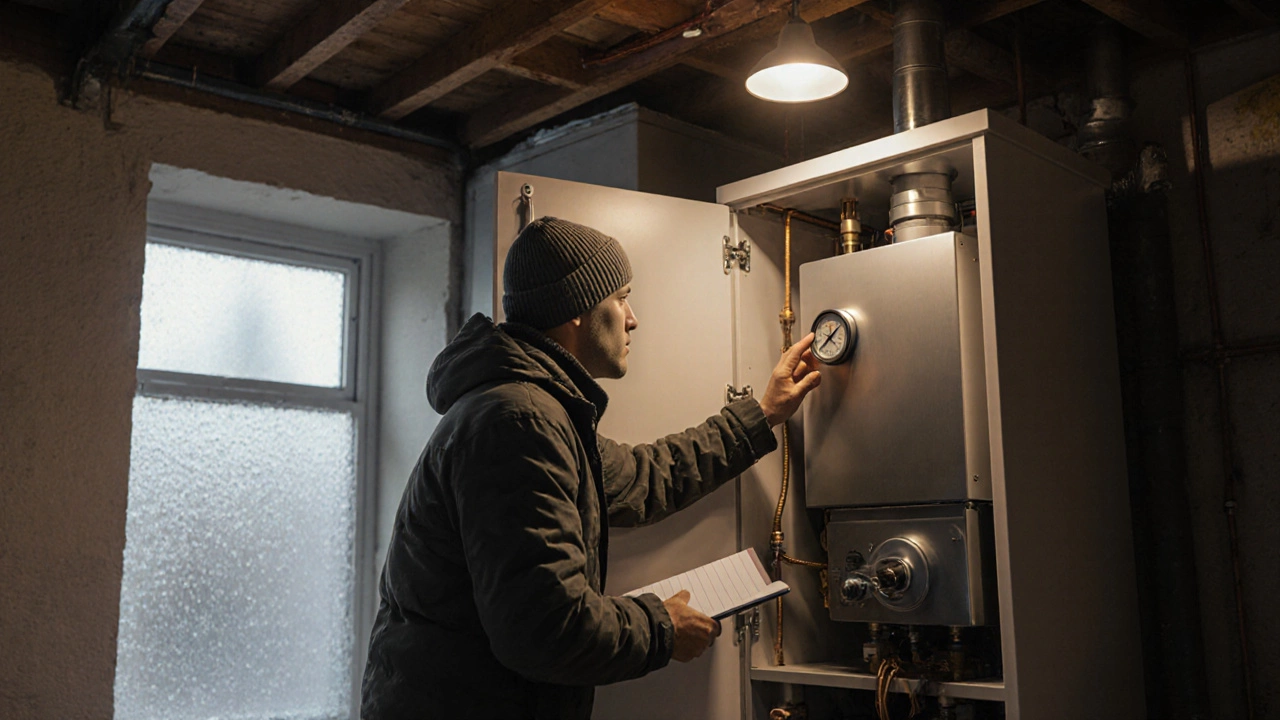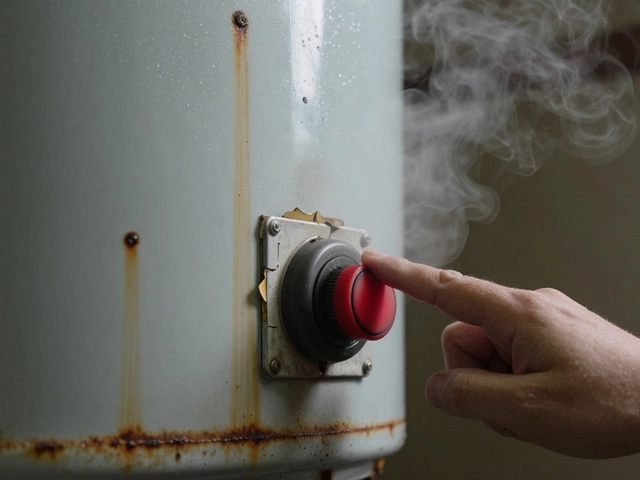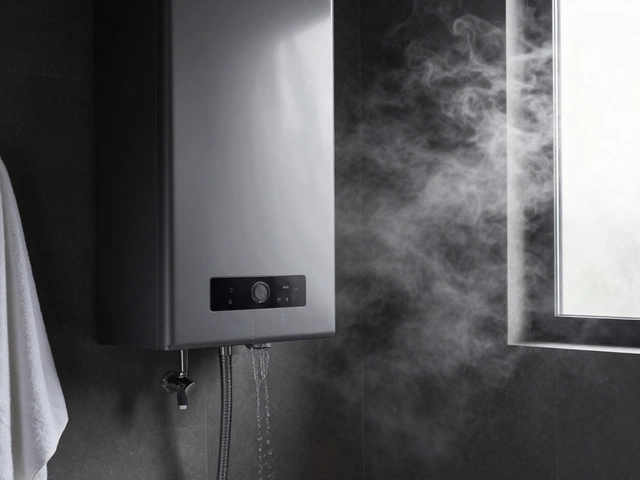Boiler Care: Keep Your Home Warm and Efficient
When working with Boiler Care, the practice of maintaining and inspecting residential heating boilers to ensure safety and efficiency. Also known as boiler maintenance, it helps avoid costly breakdowns and improves energy use. Boiler care isn’t just a seasonal task; it’s a year‑round habit that protects your home and wallet.
One core part of boiler care is Boiler Service, a professional check‑up that includes pressure tests, flame verification, and cleaning of key components. Regular service reduces fuel consumption and catches problems before they turn into emergencies. Another crucial element is understanding Boiler Lifespan, the typical years a well‑maintained boiler can operate reliably, usually 10‑15 years for modern models. Knowing the expected lifespan guides when you should plan a replacement, which ties directly into Boiler Replacement, the process of removing an old unit and installing a new, more efficient system. Replacement decisions are influenced by age, repair costs, and energy savings.
Why Boiler Care Matters
Boiler care encompasses regular servicing, timely repairs, and strategic replacement. It requires a blend of homeowner vigilance and professional expertise. When you schedule an annual boiler service, technicians check the heat exchanger, gas valves, and safety devices, ensuring everything runs within manufacturer specifications. This proactive step prevents unsafe gas leaks and maintains optimal heat output.
Effective boiler care also means tracking the health of your system over time. By monitoring pressure readings and listening for unusual noises, you gain early clues about wear and tear. These observations feed into the decision‑making process for boiler replacement, where you weigh the cost of ongoing repairs against the long‑term savings of a high‑efficiency model.
Another related entity is the Water Heater, a device that provides hot water for showers, taps, and appliances. While not a boiler, its maintenance shares many principles: flush the tank, inspect the anode rod, and check temperature settings. Good water‑heater habits complement boiler care by reducing overall energy demand in the home.
Seasonal changes bring specific challenges. In winter, cold ambient temperatures can cause condensation inside the boiler, leading to corrosion if not addressed during a service. In spring, the system cools down, making it an ideal time to inspect for leaks and ensure the expansion tank is functioning. These seasonal checks reinforce the idea that boiler care is an ongoing cycle, not a one‑off task.
Homeowners who master boiler care often notice lower utility bills. A clean burner and properly calibrated thermostat improve combustion efficiency by up to 15 %. Over a typical heating season, those savings add up, offsetting the modest cost of an annual service visit. Moreover, staying on top of maintenance can extend the boiler’s lifespan beyond the average, pushing performance into the upper range of the expected 10‑15 years.
When it’s time to consider a new boiler, the market offers various options: combi boilers, system boilers, and conventional models. Each type has distinct attributes such as flow rate, fitting requirements, and space demands. Understanding these differences helps you match the right unit to your home’s heating load, ensuring the replacement delivers both comfort and efficiency.
In short, boiler care links three main activities—service, lifespan monitoring, and replacement—into a coherent strategy that keeps your heating reliable and your energy bills in check. Below you’ll find a curated set of articles that dive deeper into each of these areas, offering step‑by‑step guides, cost breakdowns, and expert tips to help you take charge of your home’s heating system.
Boiler Maintenance Checklist: What Every Homeowner Needs to Know
- Alden Wilder
- Oct 9 2025
- 0 Comments
Learn the essential boiler maintenance tasks, schedules, and safety tips to keep your heating system efficient and trouble‑free all year round.
View More

